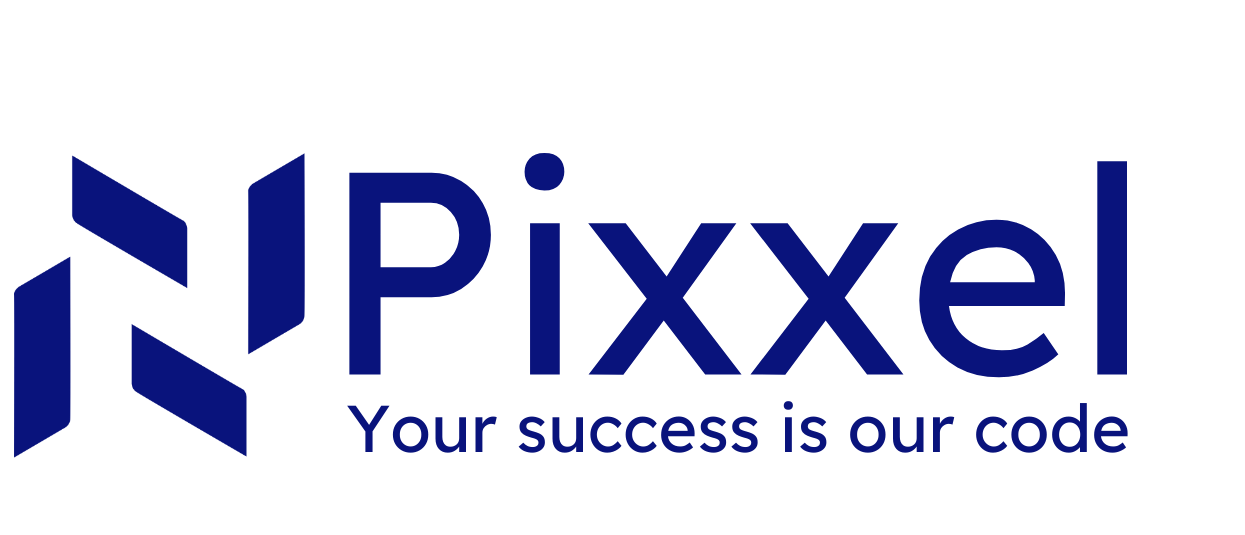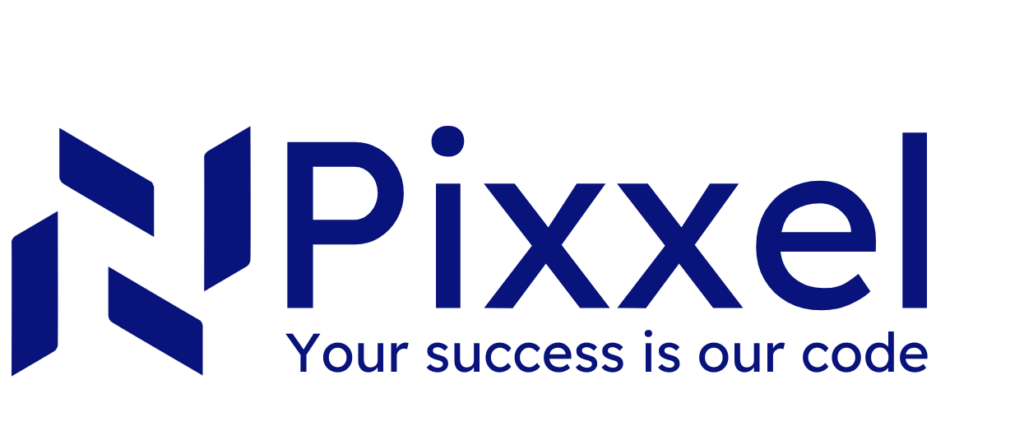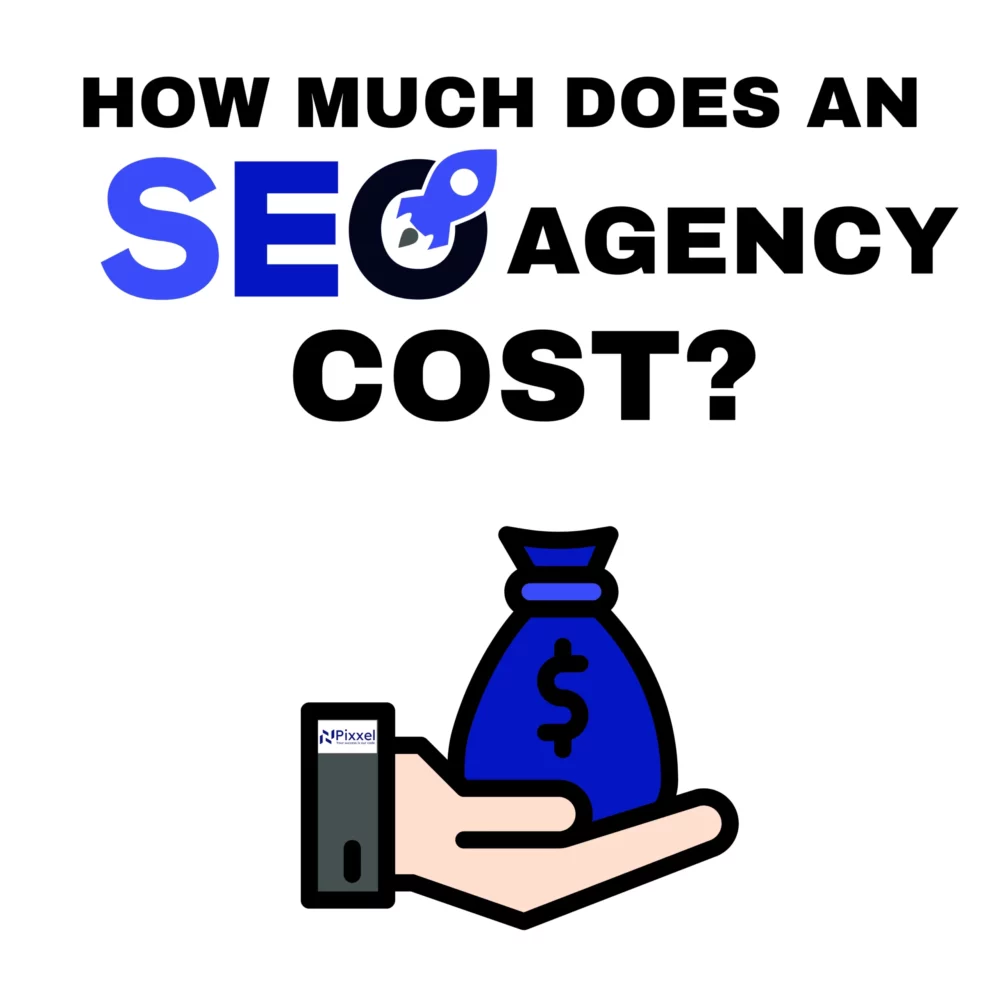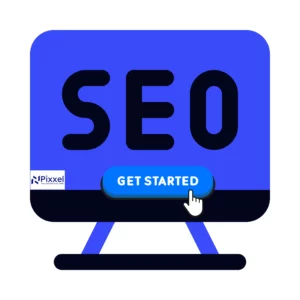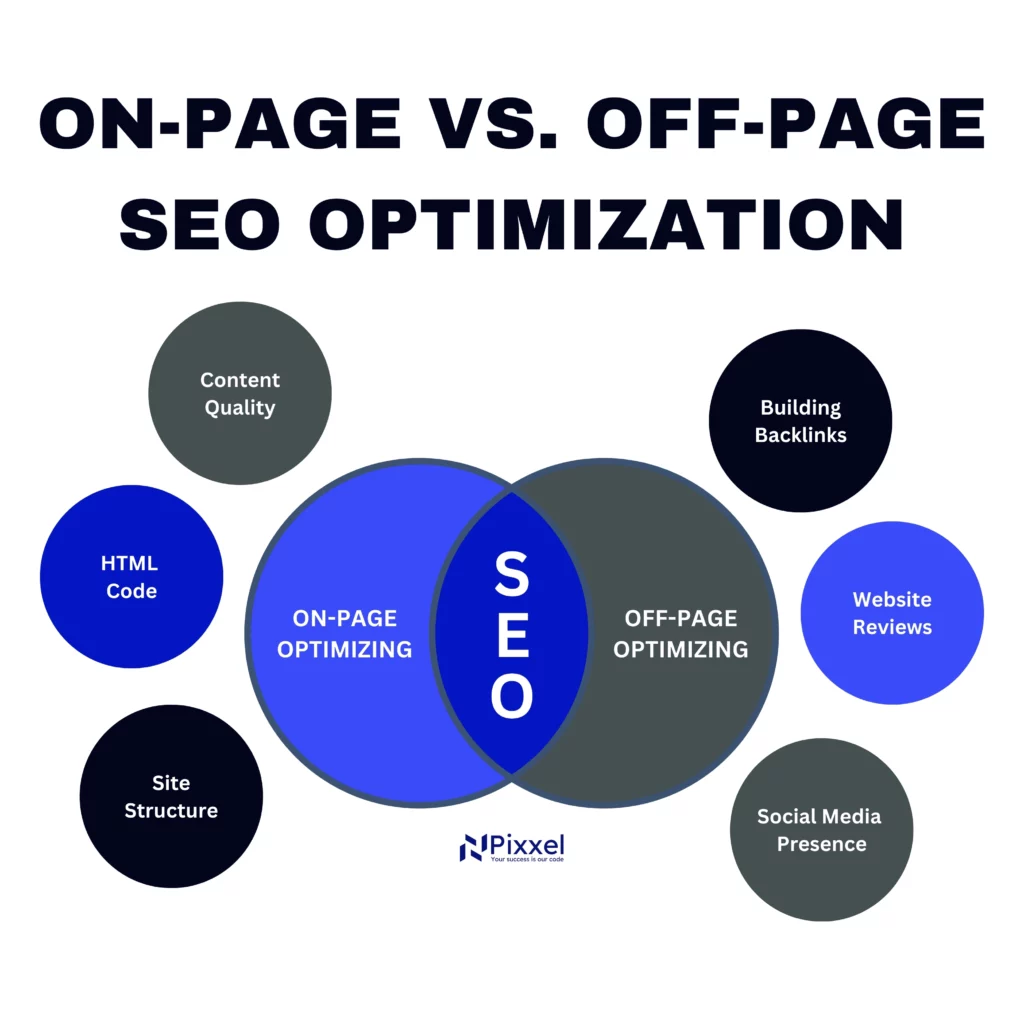Search Engine Optimisation (SEO) has become necessary for the modern digital marketing industry. Various businesses invest in SEO to increase traffic, enhance online visibility, and drive conversions. If you are a business looking to invest in SEO, your primary consideration should be the cost. This comprehensive article explores the various aspects of SEO costs, how they are beneficial, and how you can get started on SEO.
What Is the Monthly Cost for SEO Optimisation?
Factors Influencing Monthly SEO Costs
Many factors influence the monthly SEO costs for different businesses. Some of those factors include.
- Business Size and Industry: The larger the business, the more SEO efforts are required to produce desired results. If your business operates in a highly competitive industry, comprehensive and ongoing SEO efforts are required to stay on top.
- Scope of Work: The cost also depends on the length and breadth of services required for your company. The price goes up accordingly if you need multiple services, such as on-page optimisation, off-page strategies, technical SEO, content creation, etc.
- Agency Expertise: Highly experienced agencies with a good track record of work charge higher for their services than new ones.
- Geographic Location: The location of the business and the SEO agency significantly impacts the cost.
- Goals and KPIs: Your goals regarding the outcome, like targeting competitive keywords or achieving rapid growth, determine your overall budget.
- Tools and Resources: If you want to use specialised SEO tools for your business, it will require more cost than usual.
Average Monthly Costs for Small Businesses
Investing in SEO services usually means setting aside between $500 and $2,000 monthly for small businesses. This budget can cover all the crucial SEO activities you need, like keyword research, on-page tweaks, some basic link building, and creating quality content. If you’re a small business targeting a local or niche market, this investment can pay off, helping you see substantial results without breaking the bank.
Average Monthly Costs for Large Enterprises
For large enterprises, SEO spending often falls between $5,000 and $20,000 monthly, sometimes even higher. This bigger budget is essential to tackle their more complex and extensive SEO requirements. It covers everything from thorough technical audits and wide-ranging content marketing to sophisticated link-building strategies and continuous optimisation. If your business is in a highly competitive market or targeting an international audience, such a significant investment becomes crucial to stay ahead.
Who Benefits from SEO?
From small local enterprises to large multinational corporations, various businesses can benefit from SEO. Here’s a closer look at who can gain the most from investing in SEO.
Small Businesses and Local Enterprises
Small businesses and local enterprises can thrive with SEO. By fine-tuning their websites for local search, they can draw in customers from around the corner searching for what they offer. Simple local SEO tactics, like enhancing Google My Business profiles, earning local backlinks, and focusing on local keywords, can lead to a noticeable boost in traffic and get more people walking through your door. It’s all about making your business the go-to spot for folks in your community.
E-commerce Websites
E-commerce websites rely on SEO to reel potential customers searching for products online. To stand out, they must use effective SEO strategies like optimising product descriptions, improving site structure, ensuring fast load times, and using structured data for rich snippets. These tactics help e-commerce sites climb the search result ranks, bringing in more traffic and boosting sales.
Large Corporations and Enterprises
Big corporations and enterprises can use SEO to keep and expand their market presence. SEO is the key to brand visibility, reputation management, and outpacing competitors for these organisations. With a solid SEO strategy that includes content marketing, technical tweaks, and extensive backlinking, large enterprises can dominate search results and grab a bigger slice of the market. It’s all about staying on top and ensuring they’re the customers’ first choice.
When It Comes to SEO and SEA, Which Is More Profitable?
SEO (Search Engine Optimisation) and SEA (Search Engine Advertising) have advantages and can be profitable depending on the business goals and context.
Advantages of SEO
- Long-term Benefits: SEO can produce long-lasting results because once your website reaches a high ranking, it can continue drawing in traffic without continuous spending.
- Cost-effective: Although SEO requires an upfront investment, it becomes increasingly cost-effective because your website gains authority and visibility organically, and you spend less on maintaining your position than other marketing strategies.
- Trust and Credibility: Users prefer organic search results to paid ads. If your website appears on the top naturally, you receive more traffic because it indicates your content is relevant and reliable.
- Higher Click-through Rates (CTR): Users usually click more on organic listings than paid ads, leading to higher engagement and potentially more conversions.
Advantages of SEA
- Immediate Results: SEA delivers immediate visibility and traffic through platforms like Google Ads. When your campaign goes live, your ads can appear in search results, rapidly attracting potential customers.
- Targeted Advertising: With SEA, you can specify the audience to which your ads appear. You can target people depending on their demographics, location, and online behaviours.
- Control and Flexibility: SEA gives advertisers significant control over their campaigns. They can set their budget, adjust on the fly, and choose when and where their ads will appear, automatically optimising your strategy based on real-time performance.
- Measurable ROI: You can track and measure your return on investment (ROI) through detailed analytics and reporting tools. This helps you track the performance of your ads and campaign.
Comparing Long-term and Short-term Benefits
If your business is looking to achieve sustainable, long-term growth, SEO is ideal. It builds a strong foundation for online visibility and brand authority. However, consistent efforts and time are required to achieve positive results.
SEA is ideal for short-term objectives, like launching new products, running seasonal promotions, or quickly capturing leads. It provides swift visibility but needs ongoing investment to sustain traffic and conversions.
The most effective strategy usually combines SEO and SEA. By using SEA to generate immediate traffic and simultaneously working on long-term SEO efforts, you create a balanced and powerful digital marketing approach.
What Are the Costs Associated with SEO Agencies?
Hourly Rates vs. Monthly Retainers
SEO agencies usually have different pricing models, with hourly rates and monthly retainers being the most common.
- Hourly Rates: Depending on their expertise and location, agencies charge between $75 and $200 per hour. This method offers flexibility but can result in varying costs depending on the project’s complexity and time.
- Monthly Retainers: Monthly retainers typically range from $500 to $5,000 or more, based on the services’ scope. Retainers ensure consistent support and allow agencies to execute long-term strategies effectively.
Additional Costs for Tools and Software
SEO involves using various tools and software for keyword research, analytics, link building, and more. While some agencies include the cost of these tools in their pricing, others may charge extra. Common tools used by SEO agencies include:
- Keyword Research Tools: Ahrefs, SEMrush, Moz
- Analytics Tools: Google Analytics, Google Search Console
- Link Building Tools: Majestic, Moz Link Explorer
- Technical SEO Tools: Screaming Frog, Sitebulb
Costs for Comprehensive SEO Services
Comprehensive SEO services aim to boost a website’s performance using various activities. The following are some of the commonly used services.
- Technical SEO Audits: Think of it as a health check-up for your website to ensure it’s running smoothly and efficiently. This involves spotting and fixing technical issues that may stop search engines from crawling and indexing your site effectively.
- Content Creation and Optimisation: This means crafting articles, blog posts, and other content that your audience may find relevant and optimised for search engines.
- Link Building:
- Local SEO: Optimising for local search results and managing local listings.
- E-commerce SEO: Enhancing product pages, site structure, and user experience for online stores.
The cost for comprehensive SEO services can vary widely based on the project’s complexity and the agency’s expertise, typically ranging from $2,000 to $20,000 monthly.
How Do I Get Started with SEO?
Understanding the Basics of SEO
Before you invest in SEO, you need to understand the basics. SEO, or Search Engine Optimization, is about boosting your website to reach higher in search engine results pages (SERPs) for specific keywords. Some of its essential components are listed below.
- Keyword Research involves figuring out your potential customers’ search terms. By understanding the exact words and phrases they type into search engines, you can tailor your content to meet their needs and draw them to your site.
- On-page SEO: This involves optimising different aspects of your website, such as the meta tags, content, and URLs. It’s all about ensuring each page is as search-engine-friendly as possible, with relevant keywords seamlessly integrated into your content and metadata.
- Off-page SEO centres on building backlinks, which serve as endorsements for your site. These links indicate to search engines that your website is relevant and trustworthy. The more high-quality backlinks you have, the higher your chances of appearing in top results.
- Technical SEO ensures that your website’s technical aspects, such as site speed, mobile friendliness, and secure connections (HTTPS), meet search engine requirements. It’s about ensuring your site is fast, easy to navigate, and properly configured for search engines to crawl and index.
Initial Website Audit and Analysis
Conducting a thorough website is the first step to starting an SEO campaign. This audit helps pinpoint existing problems and highlights areas for improvement. Here are the key areas to focus on.
- Technical Issues: Look for broken links, duplicate content, slow site speed, and mobile usability problems. These technical glitches can hinder your website’s performance and frustrate users, so fixing them is crucial for a smooth and efficient site.
- On-page Elements: Check your title tags, Meta descriptions, header tags, and how well you’re using keywords. These elements are vital for search engines to understand what each page is about and play a significant role in improving your rankings.
- Content Quality: Evaluate your content’s relevance, uniqueness, and engagement level. High-quality content that your audience finds relevant is the key to attracting and retaining visitors.
- Backlink Profile: Analyse the quality and quantity of your inbound links. A strong backlink profile, with links from reputable and relevant websites, can significantly boost your site’s authority and improve your search engine rankings.
Setting Clear SEO Goals and Objectives
Setting precise and measurable goals is essential for tracking the success of SEO efforts. Some of the common SEO goals include.
- Increasing Organic Traffic means driving a steady stream of potential customers to your site from search engines. More traffic typically leads to more opportunities for engagement and conversions.
- Improving Keyword Rankings: When your site ranks higher in search results, it’s more likely to be seen and clicked on by users. This involves strategic keyword optimisation and content creation to climb the ranks.
- Boosting Conversions: Beyond just getting traffic, you want visitors to take specific actions, whether purchasing, signing up for a newsletter, or filling out a contact form. Enhancing your site’s usability and targeting the right audience can significantly increase these desired actions.
- Enhancing User Engagement: Engaging content, intuitive navigation, and a seamless user experience can increase the visitor’s time on your page and prevent them from exploring more pages.
Defining specific objectives and Key Performance Indicators (KPIs) for these goals helps you measure progress accurately.
How Long Does It Take to See SEO Results?
Short-term vs. Long-term SEO Results
SEO is a long-term game, and while it does take time to see significant results, some positive changes can happen in the short term. Here’s how the timeline usually breaks down:
- Short-term Results: By tackling technical SEO issues like fixing site errors and optimising Meta tags, you can start seeing improvements within 3 to 6 months. These quick wins help set a solid foundation for your site’s performance.
- Long-term Results: Achieving major gains in organic traffic, climbing higher keyword rankings, and building domain authority typically takes 6 to 12 months or even longer. The timeframe depends on your industry and the level of competition, but the effort pays off with sustained growth and visibility.
Factors Affecting the Timeline for SEO Success
Several factors impact how quickly you can see SEO results.
- Competition: If you’re in a highly competitive industry, it might take longer to see results. More competition means more effort is needed to stand out.
- Current Website Status: If your website has many technical issues or low-quality content, it might need more time and work to optimise.
- Quality of SEO Strategy: A well-planned and executed SEO strategy can speed up results. On the other hand, a poorly thought-out plan can slow things down and delay progress.
- Frequency of Updates: Regularly updating and optimising your content can help you see improvements faster. Fresh, relevant content makes your site appealing to users and search engines.
Case Studies and Real-world Examples
Case studies and real-world examples clearly show how long SEO success might take. For instance, a small e-commerce site selling niche products might see noticeable improvements in six months. On the other hand, a large enterprise in a crowded market could take over a year to see significant results. These examples show that the timeline for SEO success is different depending on the size of the business and the level of competition they face.
What Are the Most Important SEO Measures for a Website?
On-page Optimisation Techniques
On-page SEO focuses on fine-tuning individual web pages to rank higher and gain more appropriate traffic. Here are some key techniques.
- Keyword Optimisation: Weave target keywords into your content, Meta tags, URLs, and headers to make your pages more search-friendly.
- Meta Tags: Create gripping title tags and meta descriptions that include keywords and entice users to click through to your site.
- Header Tags: Use H1, H2, and H3 tags to organise your content and highlight key sections, making it simple for the audience and search engines to understand your page.
- Content Quality: Produce high-quality, informative, and engaging content that meets user needs and keeps them returning for more.
- Internal Linking: Link to suitable pages within your site to enhance navigation and spread link equity, helping users and search engines find your best content.
Off-page SEO Strategies
Off-page SEO involves activities outside your website that boost its rankings. Here are some effective strategies.
- Link Building: Gaining backlinks from authoritative, relevant websites helps improve your site’s credibility and search rankings.
- Social Media Engagement: Sharing content and interacting with users on social media platforms can drive traffic and enhance your online presence.
- Influencer Outreach: Partnering with influencers to share and promote your content can help enhance your reach and attract more visitors.
- Guest Blogging: Writing articles for reputable blogs and websites not only earns you valuable backlinks but also displays your content to a broader audience.
Technical SEO Best Practices
Technical SEO ensures your website meets the technical needs of search engines for crawling and indexing. Here are some key best practices:
- Site Speed: Speed up your site by optimising images, browser caching, and cleaning up your code. Faster load times improve user experience and rank.
- Mobile-friendliness: Make sure your website is responsive and looks great on mobile devices. A good mobile experience is crucial as more users browse their phones.
- SSL Certificates: Secure your site with HTTPS to protect user data and build trust. Search engines also favour secure sites, which can boost your rankings.
- XML Sitemaps: Create and submit XML sitemaps to search engines. This helps them efficiently crawl and index your site, ensuring all your important pages are discovered.
- Robots.txt: Configure your robots.txt file to guide search engines on which pages they should and shouldn’t crawl. This helps manage your site’s visibility in search results.
How Do I Choose the Right SEO Agency?
Evaluating the Experience and Expertise of Agencies
Assessing the experience and expertise of the SEO agency is crucial for your final decision. Some of the key components include.
- Track Record: Look at case studies and past projects to see their success with similar work. This gives you a good idea of what they can achieve.
- Industry Knowledge: Ensure the agency knows your specific industry or niche and understands your unique challenges and opportunities.
- Team Expertise: Check the qualifications and expertise of the agency’s team members to ensure you’re working with skilled professionals.
Checking Client Reviews and Case Studies
Here are some things to look for when reviewing client reviews and case studies of an SEO agency.
- Testimonials: Read client testimonials on the company’s website or any third-party review platform.
- Case Studies: Thoroughly assess detailed case studies that showcase the company’s strategies, approaches, and outcomes.
- References: You can also ask for references or feedback from the previous clients they have worked with to ensure a positive record.
Understanding the Agency’s SEO Process
When choosing the right SEO Company, your goals must align with their business approach and working style. The following are some of the essential things to consider.
- Initial Audit: Find out how the agency performs its initial website audit and pinpoint areas that need improvement.
- Strategy Development: Look for an agency that customises SEO strategies tailored to your goals and market analysis.
- Implementation: Understand how the agency implements SEO tactics and tracks its progress.
- Reporting: Check how often they provide performance reports and how they communicate results and recommendations to keep you in the loop.
How Often Should a Website Be Updated for SEO?
Frequency of Content Updates
If you want to improve your SEO performance consistently, you must update it frequently to showcase that your website is active and relevant. Content updates can include.
- Blog Posts: You must publish new blog posts at least once a week.
- Product Pages: Update your product descriptions, images, and reviews regularly.
- Landing Pages: Refreshing landing page content to reflect current offers and trends.
Regular Technical Audits and Fixes
Perform regular or frequent technical audits so that your website is free from issues that may affect its ranking.
- Quarterly Audits: You must perform a detailed and comprehensive audit every three months.
- Ongoing Monitoring: Perform consistent monitoring to detect and resolve issues timely.
Keeping Up with SEO Trends and Algorithm Changes
Search engine algorithms evolve constantly, so it’s essential to stay up-to-date with the latest developments and trends.
- Industry News: Make sure to follow reputable SEO blogs and news sites.
- Webinars and Conferences: Attend SEO webinars, workshops, and conferences for enhanced knowledge and shared experiences.
- Continuous Learning: Investing in ongoing education and training for the SEO team for continuous improvement.
Which Tools Are Best for SEO?
Keyword Research Tools
Effective keyword research is the foundation of any successful SEO strategy. Here are some top tools to help you get started.
- Ahrefs: A powerful tool that offers in-depth keyword research, competitor analysis, and backlink tracking.
- SEMrush: A versatile option for keyword research, site audits, and keeping an eye on your competition.
- Moz: Provides robust features for keyword research, rank tracking, and site audits to keep your SEO efforts on track.
Analytics and Reporting Tools
Your SEO success heavily depends on monitoring and maintaining your website performance.
- Google Analytics: This essential tool helps you track website traffic, understand user behaviour, and monitor conversions.
- Google Search Console: This tool offers insights into your site’s search performance and indexing status and identifies any site errors that need fixing.
- Data Studio: This lets you create customisable and visually appealing SEO performance reports to showcase your results.
Technical SEO Tools
Technical SEO tools are crucial for spotting and fixing issues that affect how search engines crawl and index your site. Here are some top recommendations.
- Screaming Frog: A site crawler that helps you find technical complications such as broken links, duplicate content, and redirects.
- Sitebulb: Provides detailed site audits and visualisations to help you uncover and address technical SEO problems.
- GTmetrix: This service analyses your site’s speed and performance and offers actionable recommendations for making it faster and more efficient.
Can You Do SEO Yourself, or Do You Need an Agency?
Pros and Cons of DIY SEO
There are both benefits and drawbacks for businesses that choose to do DIY SEO.
Pros:
- Cost Savings: It eliminates the cost of hiring an expensive SEO Agency.
- Control: You can control your SEO campaign and strategies according to your requirements.
- Learning Opportunity: It helps you learn and enhance your internal knowledge and skills.
Cons:
- Time-consuming: SEO requires a lot of time to stay updated and implement all the new strategies.
- Lack of Expertise: You may not be an expert on complex SEO tasks.
- Limited Resources: You may have limited access to some SEO tools compared to a professional agency.
Benefits of Hiring an SEO Agency
There are several advantages to hiring a professional SEO agency.
- Expertise: You have a team of expert SEO professionals with vast knowledge and experience.
- Comprehensive Services: An agency will offer you comprehensive and multiple services.
- Advanced Tools: Agencies have access to complex SEO tools.
- Focus on Core Business: The business can focus on its core operations, and the SEO Agency will focus on the website performance.
Hybrid Approach: Combining In-house and Agency Efforts
This approach combines in-house efforts with the expertise of an external agency, and it has various benefits.
- Cost-effectiveness: You can acquire professional expertise cost-effectively.
- Flexibility: The in-house team can handle the day-to-day activities while the agency focuses on the more complicated tasks.
- Collaboration: Allows collaboration between internal and external teams.
